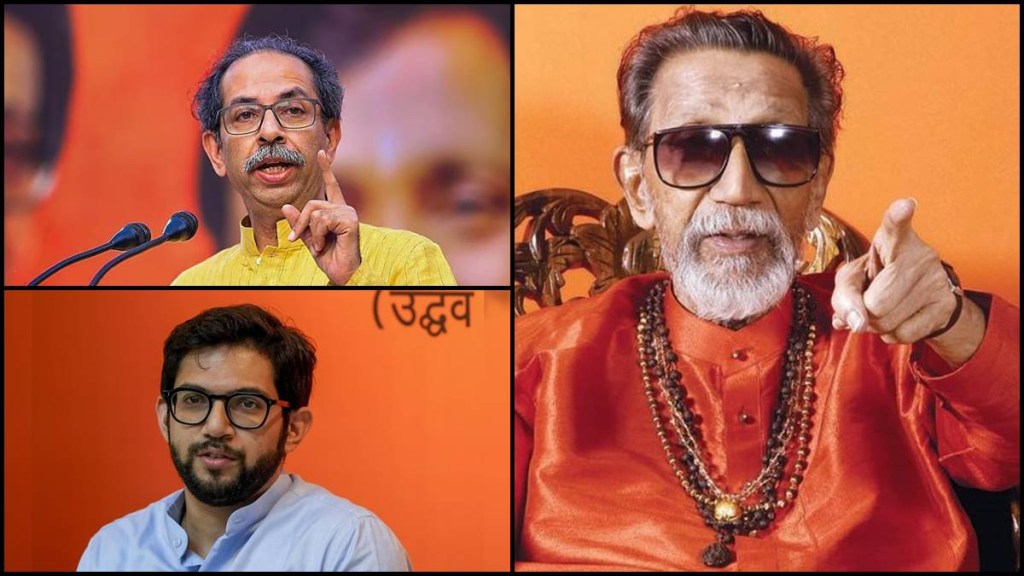The Thackeray family has long been one of the most prominent and influential political dynasties in Maharashtra. With deep roots in the state’s social and political fabric, the Thackerays have not only shaped Maharashtra’s political landscape but also left a lasting impact on its culture and social identity. The family’s rise to prominence began with the visionary leadership of Bal Thackeray, founder of the Shiv Sena, and continues with the next generation represented by his sons and grandsons. Here’s a closer look at the family tree that has played a critical role in Maharashtra’s political and cultural journey.
Bal Thackeray: The Founder and Visionary Leader
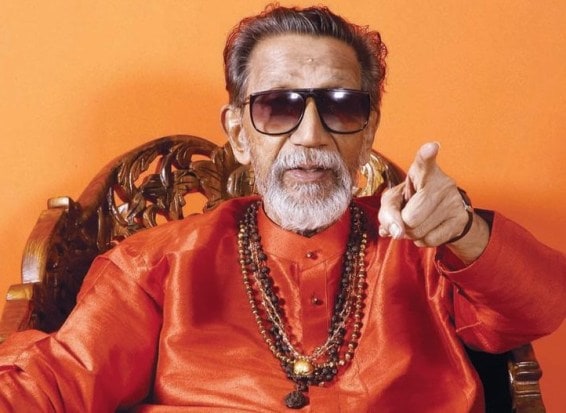
Early Life and Rise to Prominence
Bal Keshav Thackeray, more commonly known as Balasaheb Thackeray, founded the Shiv Sena in 1966. Originally a cartoonist, Thackeray was disillusioned with the state of affairs in Maharashtra and sought to represent the interests of the Marathi-speaking population. His firm stance against the influx of migrants into Mumbai, along with his pro-Marathi rhetoric, struck a chord with the working-class residents of Mumbai.
Shiv Sena’s Expansion
Under Bal Thackeray’s leadership, the Shiv Sena transitioned from a regional party focused on Marathi identity to a dominant political force in Maharashtra. His ability to appeal to the masses through strong speeches and public outreach strategies, combined with his media presence, cemented his position as a powerful leader. Thackeray’s influence also extended beyond politics, making him an iconic figure in the state’s cultural and social life.
Balasaheb was married to Meenabai Thackeray, and together they had three sons: Uddhav, Jaidev, and Bindumadhav.
Uddhav Thackeray: The Heir to the Shiv Sena Legacy
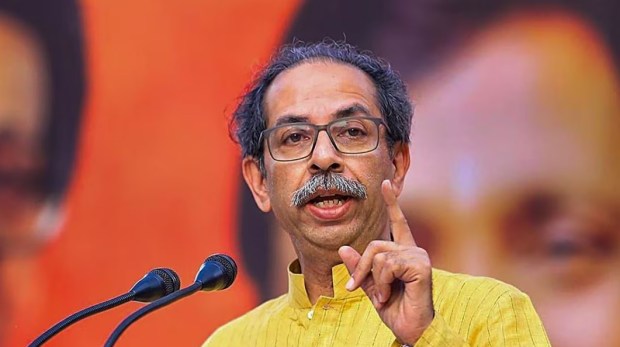
Transition to Leadership
Uddhav Thackeray, the eldest son of Bal Thackeray, succeeded his father as the Shiv Sena’s leader after Balasaheb’s death in 2012. Initially, Uddhav distanced himself from frontline politics, focusing on managing the party’s media wing and publications. However, as the political environment in Maharashtra shifted, Uddhav gradually stepped into a more prominent role.
Uddhav as Chief Minister
Uddhav Thackeray’s leadership saw the Shiv Sena adapt to Maharashtra’s changing political climate. In 2019, Uddhav became the Chief Minister of Maharashtra, leading the state through an alliance with the Nationalist Congress Party (NCP) and the Indian National Congress (INC). This coalition, known as the Maha Vikas Aghadi (MVA), marked a significant turning point in both his career and the Thackeray family’s political journey.
Uddhav is married to Rashmi Thackeray, and they have two sons: Aaditya and Tejas.
Aaditya Thackeray: The Rising Star of Maharashtra Politics
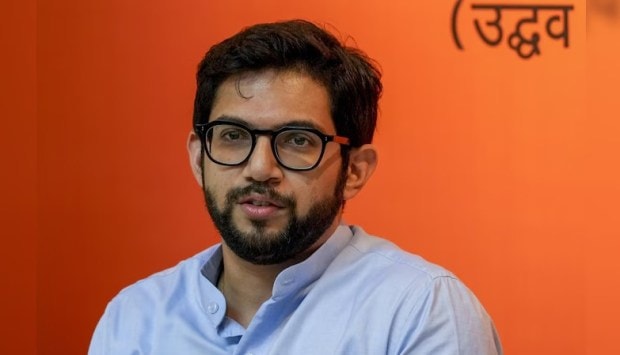
Early Political Career
Aaditya Thackeray, born in 1990, represents the next generation of the Thackeray family in politics. From a young age, he showed a keen interest in public affairs. In 2010, Aaditya was appointed as the president of the Yuva Sena, the youth wing of the Shiv Sena. His energetic and dynamic approach to politics quickly earned him recognition within the party and the broader political community.
Progressive Leadership
Aaditya’s political platform has been marked by a focus on progressive issues such as urban development, education, and the environment. His emphasis on technology-driven solutions and sustainable growth has helped him connect with younger voters. Aaditya made history in 2019 by contesting and winning the Maharashtra state elections from the Worli constituency, becoming the first member of the Thackeray family to be directly elected to the Maharashtra Legislative Assembly.
Aaditya’s rise within the Shiv Sena signifies the future of the party, with his modern approach appealing to a new generation of voters.
Amit Thackeray: The New Generation in Maharashtra Politics
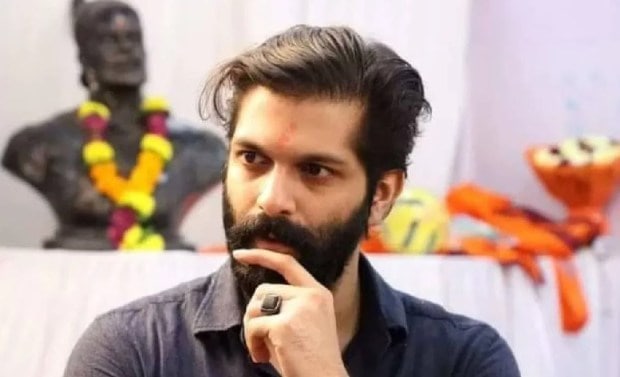
Amit Thackeray, the son of Raj Thackeray (Bal Thackeray’s nephew), has so far maintained a low profile in comparison to his cousin Aaditya. However, Amit is gradually becoming more involved in the Shiv Sena’s activities, particularly in strengthening the party’s youth wings and modernizing its outreach efforts.
Although he has not yet contested elections or held public office, Amit’s growing influence within the Shiv Sena indicates that he may play an important role in shaping the party’s future. His involvement in party affairs suggests that he will be a key figure in continuing the Thackeray family’s political legacy.
Raj Thackeray: The Controversial Figure
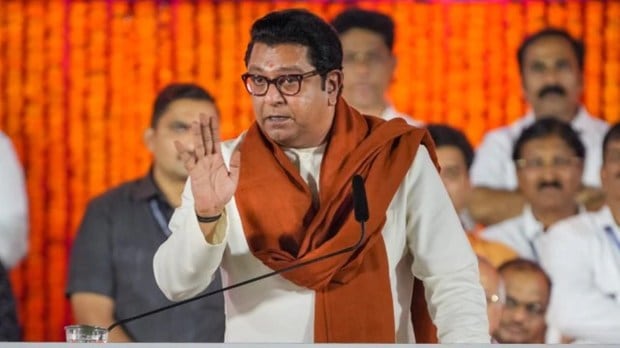
Raj Thackeray, born in 1968, is another prominent member of the Thackeray family. The son of Shrikant Thackeray, Raj was once a close ally of Uddhav and part of the Shiv Sena. However, a fallout over leadership and ideological differences led Raj to form his own political party, the Maharashtra Navnirman Sena (MNS), in 2006.
Raj’s political career has been marked by his aggressive stance on regional issues, particularly his opposition to migrants from other states and his appeals to Marathi pride. His rhetoric often mirrors that of his uncle Bal Thackeray, but his approach has been more confrontational. Raj’s son, Amit Thackeray, has also been involved in MNS politics, continuing the family’s influence in Maharashtra’s political landscape.
Keshav Sitaram Thackeray: The Forgotten Revolutionary
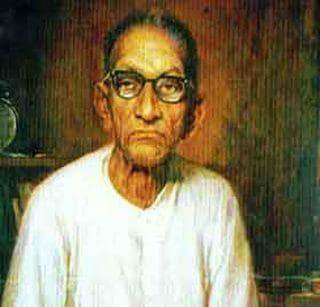
While the Thackeray family is most closely associated with Bal Thackeray’s leadership, the family’s political roots go much deeper. Keshav Sitaram Thackeray, Balasaheb’s grandfather, was a prominent social reformer who played an instrumental role in the Samyukta Maharashtra movement. This movement fought for the creation of a separate state of Maharashtra, with Mumbai as its capital.
Known by his pen name, Prabodhankar Thackeray, Keshav was a fierce advocate for social reform, campaigning against practices like untouchability, child marriage, and dowry. His work in both social reform and politics laid the foundation for the Thackeray family’s future prominence.
Legacy and Influence: The Thackeray Family’s Continued Power
The Thackeray family’s legacy in Maharashtra is undeniable. Over the decades, the Shiv Sena has adapted to political changes, navigating new alliances and challenges while retaining its core values. The Thackerays’ strong advocacy for Marathi identity has helped them maintain their relevance in both urban and rural Maharashtra.
The political rise of Aaditya Thackeray represents the family’s attempt to modernize and appeal to a new generation of voters. Similarly, Amit Thackeray’s growing influence within the Shiv Sena suggests that the family’s dominance in Maharashtra politics is far from over.
As Maharashtra’s political landscape continues to evolve, the Thackeray family remains a pivotal force, shaping the future of the state while carrying forward the legacy of one of its most influential dynasties.

